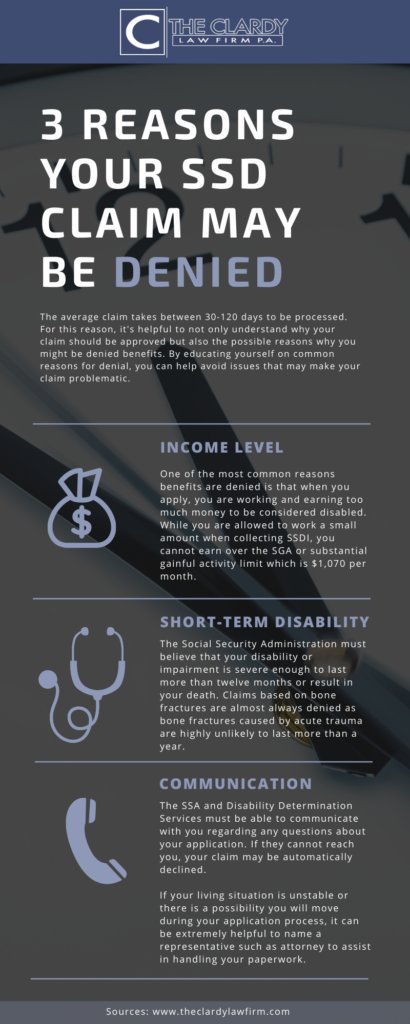Understanding the Reasons Behind the Delay in Social Security Disability Claims Processing
Sharon Jayson reported on the hardships experienced by applicants of Social Security Disability Insurance (SSDI) and Supplemental Security Income (SSI). Delayed decisions on disability benefits amidst escalating workload have become the perennial norm, taking the Social Security Administration (SSA) an average of 228 days to process initial applications in December 2021, compared to 110 to 120 days in the late 2010s. If an applicant requests a reconsideration from the SSA after an initial denial, the wait extends to seven months on average. If the reconsideration is denied, the subsequent wait time to be heard before an administrative law judge is around 15 months.
The exodus of staff from the Disability Determination Services (DDS), state agencies that make the decision on whether SSDI or SSI applicants qualify on medical grounds, has exacerbated the problem. Federal SSA employees have been dispatched to assist at the state level and the SSA is securing more funding for salaries, training, and mentoring at these offices to help alleviate the problem. The delays also form part of a larger crisis in customer service post-pandemic which saw the SSA’s workforce shrink to its smallest size in 25 years.
A study by the National Bureau of Economic Research in 2022 suggests legal representation early in the process improves the probability of securing a positive decision by 23 percent and reduces processing time by roughly a year. Lawyers assisting in disability claims are paid from the “back pay if the application is successful, capped at 25 percent or a maximum of $7,200. If there is no back pay, no fees are due. As such, securing legal helps early on is advised by experts.
